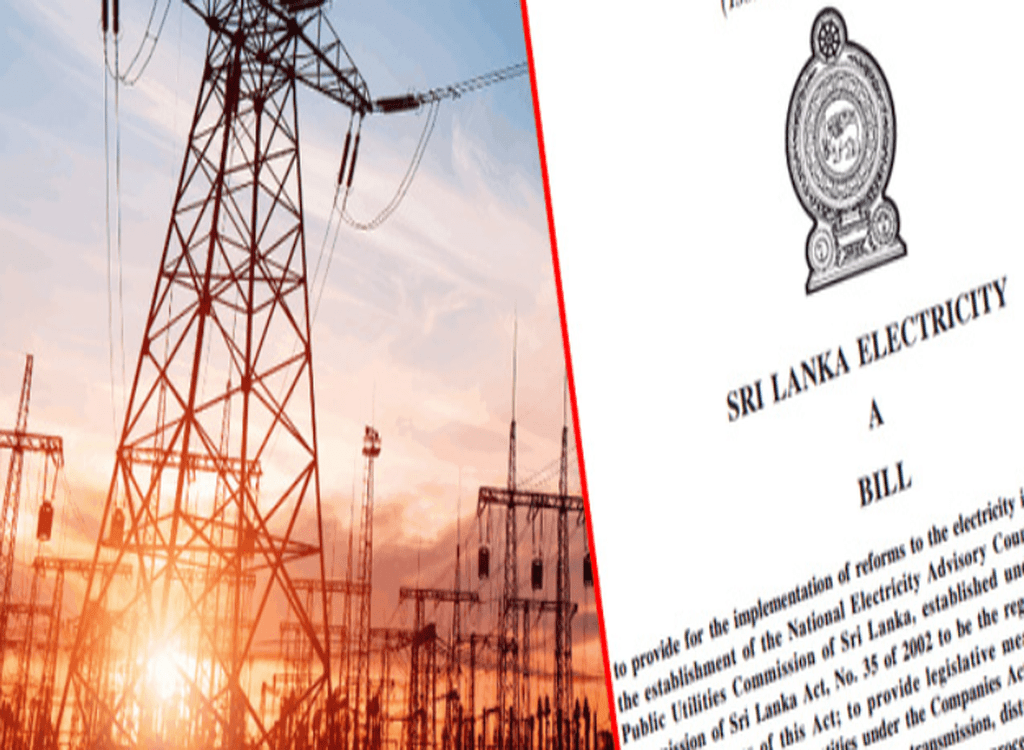Deputy Speaker Rizvie Salih informed Parliament today that the Supreme Court has found certain provisions in the proposed Electricity (Amendment) Bill to be inconsistent with the Constitution.
Delivering the announcement during a special session, Salih said the Bill, in its current form, would require approval by a two-thirds parliamentary majority and a public referendum to become law.
However, he noted that these constitutional concerns could be resolved if the clauses in question are amended in line with the Supreme Court’s recommendations.
The Sri Lanka Electricity (Amendment) Bill—gazetted on 16 May 2025—seeks to introduce sweeping changes to the Sri Lanka Electricity Act, No. 36 of 2024, including reforms to tariff structures and the role of the National Electricity Advisory Council.
The proposed legislation has drawn legal scrutiny and sparked debate over its broader implications.











Leave a comment